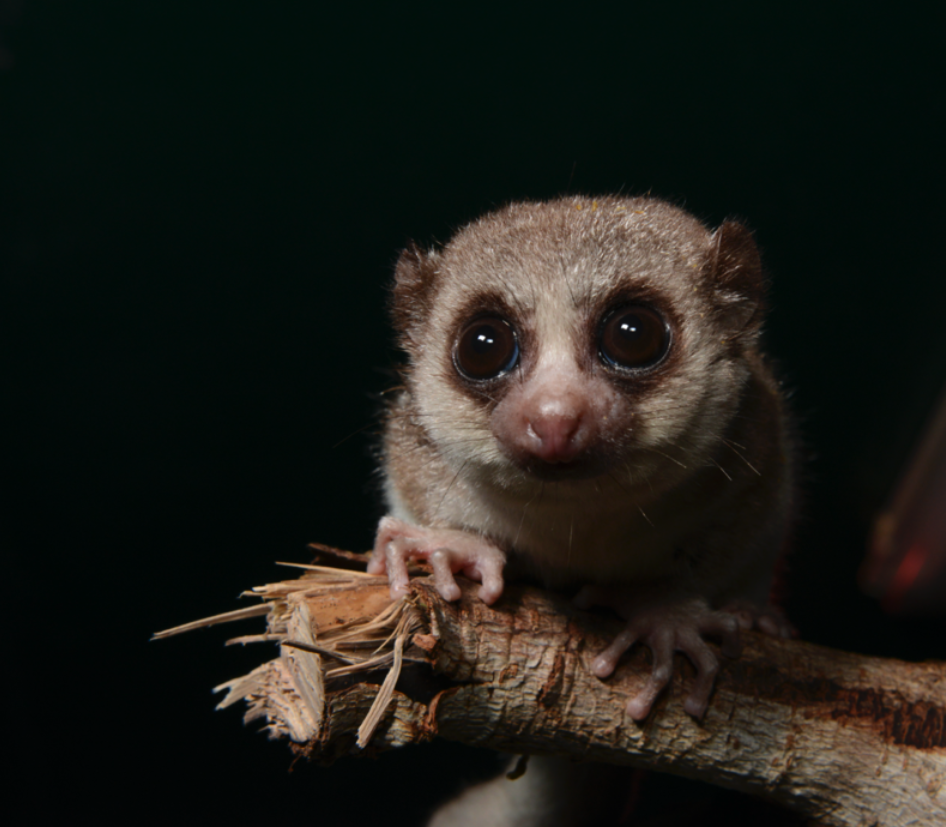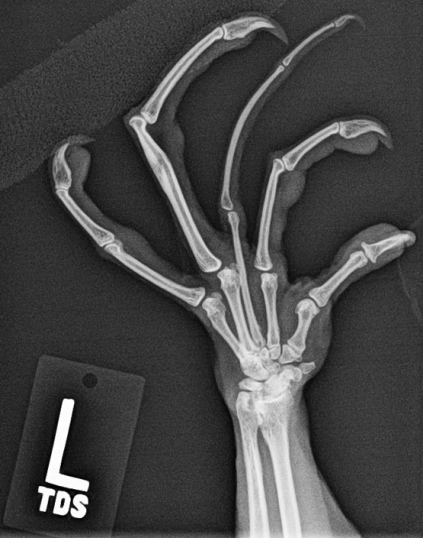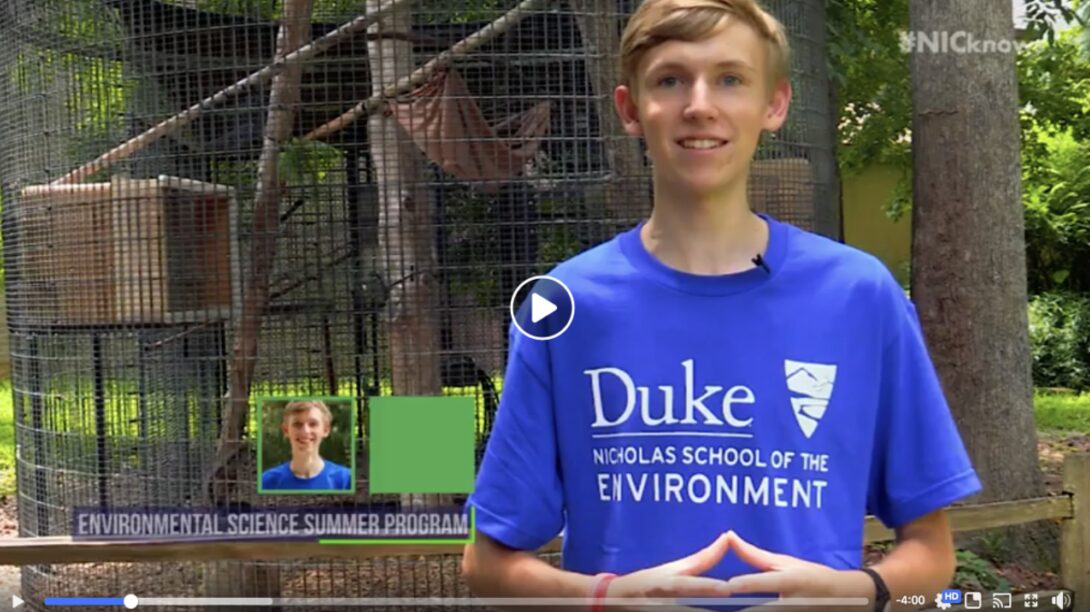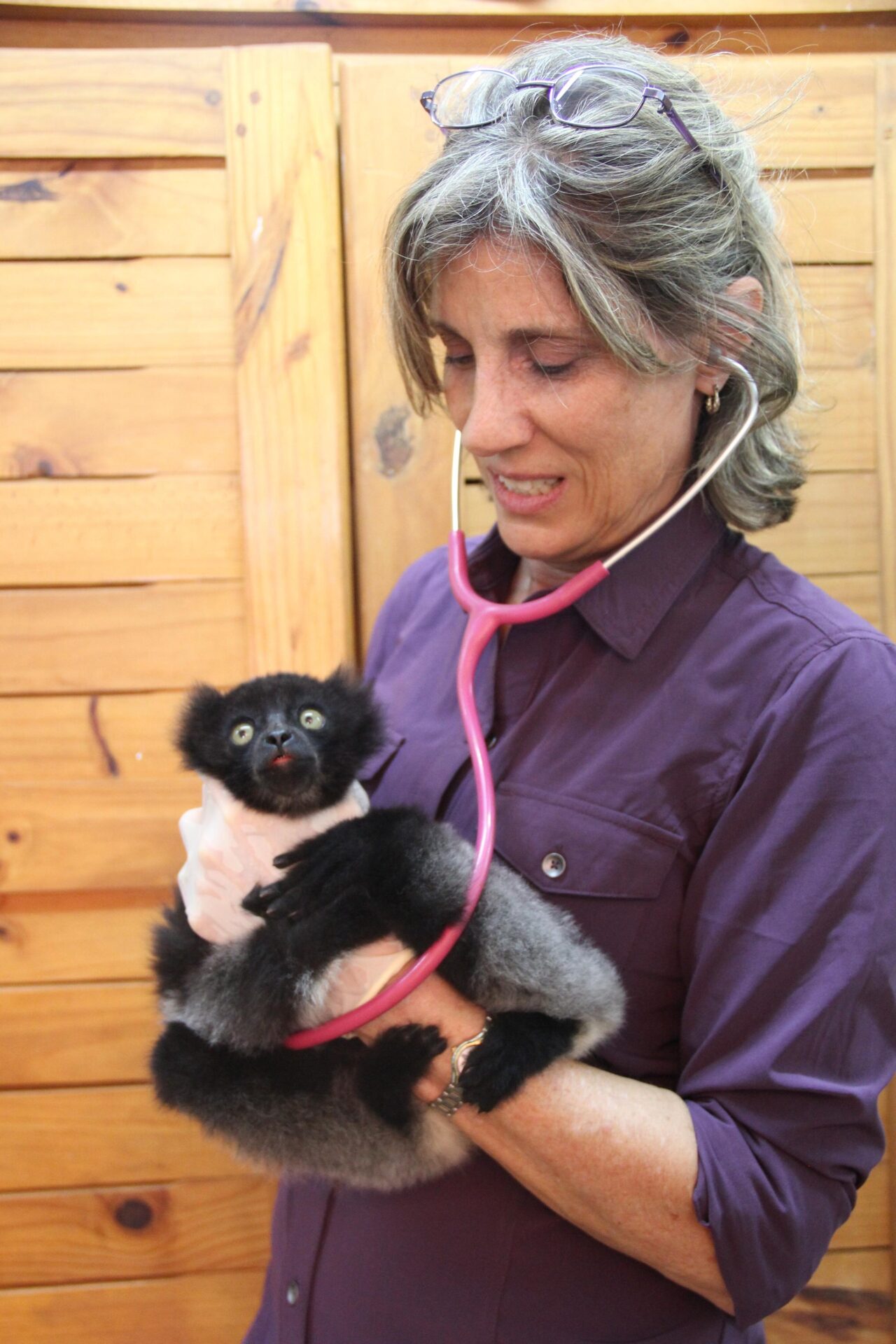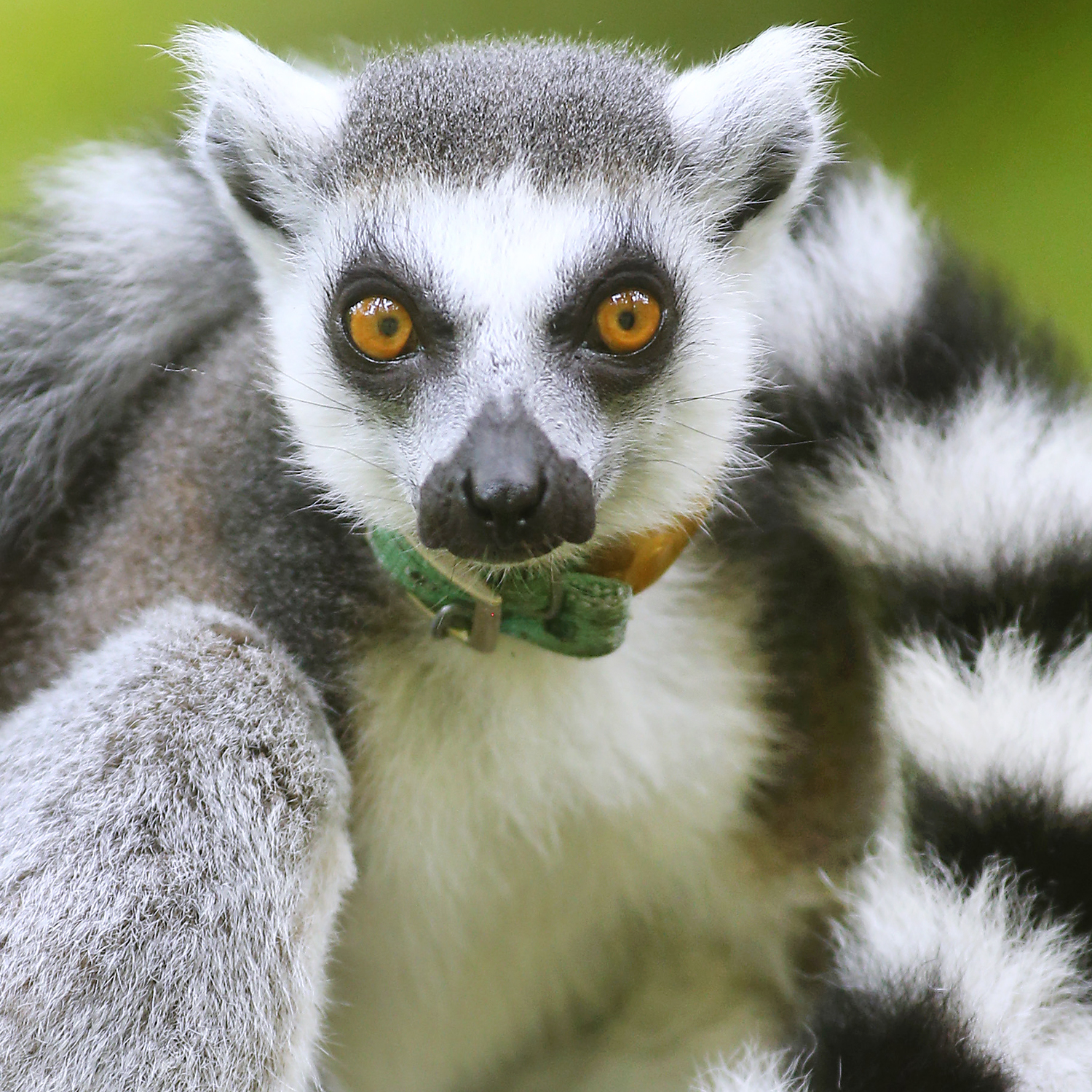How Lemurs May Hold The Key To Healthy Aging And Space Travel
By LAURA PELLICER & FRANK STASIO. Originally published on December 19, 2018 on NPR’s The State of Things. Read the original HERE. Lemurs sit near the base of the primate evolutionary tree. As distant cousins to homo sapiens, their behavior, health and evolution may have significant implications for humans. At the Duke Lemur Center in Durham, researchers are actively studying […]

